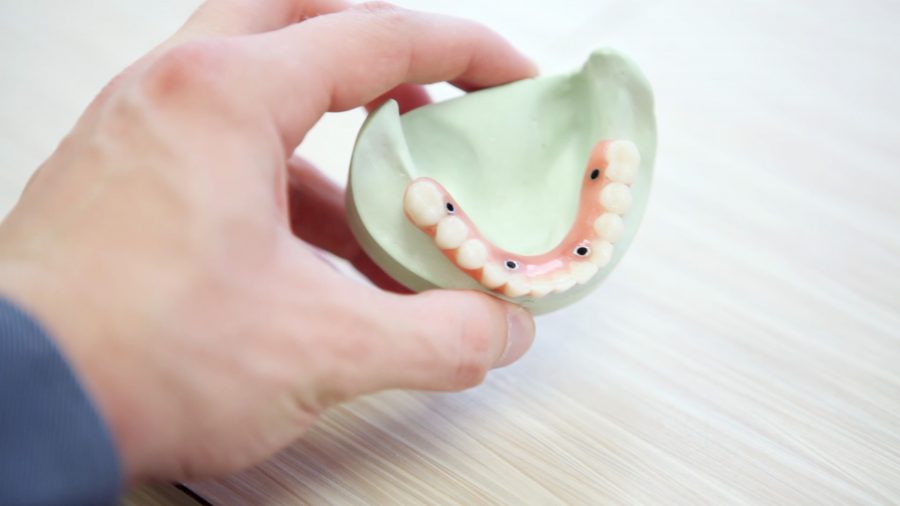Dental implants are more popular than ever, and these devices can fully restore the form and function of a patient’s smile. If you have recently gotten implants or plan on getting them in the near future, then you should spend a little bit of time researching what steps you can take to properly clean and maintain them.
Basic Cleaning
Many patients will be glad to hear that cleaning dental implants is a relatively straightforward process that usually doesn’t require any special products. In most cases, dental implants can easily be cleaned by brushing them a few times a day with a soft-bristled toothbrush and some high-quality toothpaste. You should also make sure that you floss between all of your implants at least once or twice a day so that plaque doesn’t build up.
Foods to Avoid
Once your implants have settled and your mouth has fully recovered, there are some foods that you will need to avoid as much as possible. As a general rule, you should steer clear of any hard foods that might dislodge the implants or crack the crowns. That includes foods like hard candy, uncooked hard vegetables, and ice. Chewing on your nails, pencils, and other hard objects should be avoided at all costs as well.
Protect Your Gums
If you develop gum disease in the coming years, then your implants could potentially become loose or be rejected by your soft tissue. That is why you need to rinse out your mouth with an antibacterial mouthwash at least a few times every day. Most experts agree that you should also immediately schedule a dental appointment if your gums ever become swollen or begin to bleed.
Schedule Regular Dental Appointments
Heading to your dentist at least once a year is going to be one of the most effective ways to protect your implants and preserve your oral health. During those visits, the dentist can make sure that the implants are holding firm and not shifting in your mouth. They will also be able to clean away any plaque or tartar that is accumulating on the implants or your natural teeth.
In addition to basic cleaning and maintenance, you must also make sure that you keep an eye out for any signs that your implants might be damaged. Some of the most common signs of a failing dental implant include gum inflammation, chronic discomfort, bleeding, and difficulty chewing.

